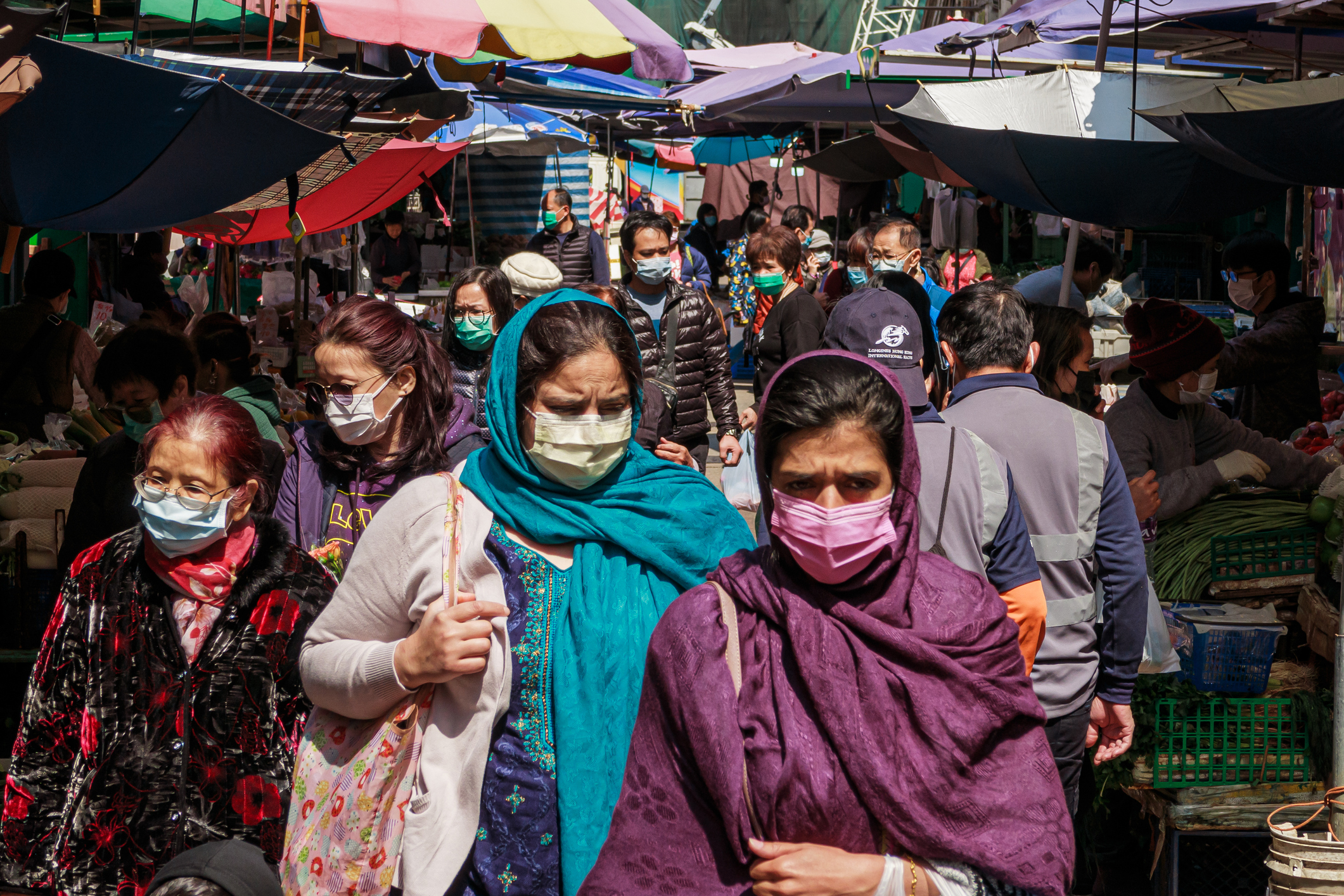
17 Apr What are Development Economists saying about COVID-19?
The COVID-19 pandemic continues to demonstrate its detrimental effects in many facets of everyday life. One of the most impactful is the socio-economic shock to the entire world. With many discussions of the economic fallouts of the outbreak, we are beginning to see the enormous stimulus packages prepared in wealthier countries for their citizens. With the United States signing a two-trillion-dollar relief bill, and many other high-income countries providing compensation for its unemployed workers, it is important to ask, what will happen in poorer countries? Prof. Chris Elbers believes that “these things will only be worse and more urgent in developing countries. There is a serious risk that they will just be left on their own, which makes me quite worried.”
New measures have been imposed in most countries around the world in order to maintain health and safety. The Netherlands has stressed the importance of hand washing, social distancing, and staying indoors as often as possible. However, as Prof. Wendy Janssens explains, “lockdowns and hygiene measures are much more difficult to implement in developing countries, with more devastating consequences.” Washing your hands requires fresh water and soap, which isn’t always available or affordable to poor households. The economic impacts of strict lock-downs will hit hard in developing countries where a large percentage of the workforce is part of the informal economy. When people are not allowed to go out for work, they won’t be able to provide food and necessities for their families. Cash transfers or other forms of government compensation are essential to support low-income populations.
Profs. Elbers and Janssens are both concerned for the collapse of the health systems in low- and middle-income countries. They cannot overstate the importance of bringing awareness to the international community of the dire situation in the developing world and the global solidarity and financial support that is needed right now. “It is also out of our own interest to aid countries in these situations. As people start to move and travel, there will be a constant source of renewal of the epidemic,” says Prof. Elbers.
Jointly within AIGHD, development economists, social scientists and epidemiologists are currently working on research programs to figure out how to best contribute to tracking and responding to the pandemic.
Helpful Links:
- Het Parool article with Peter Lanjouw
